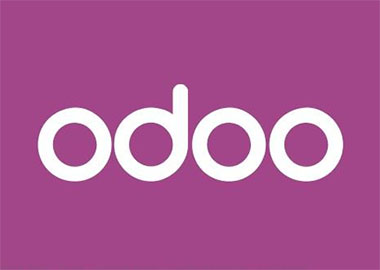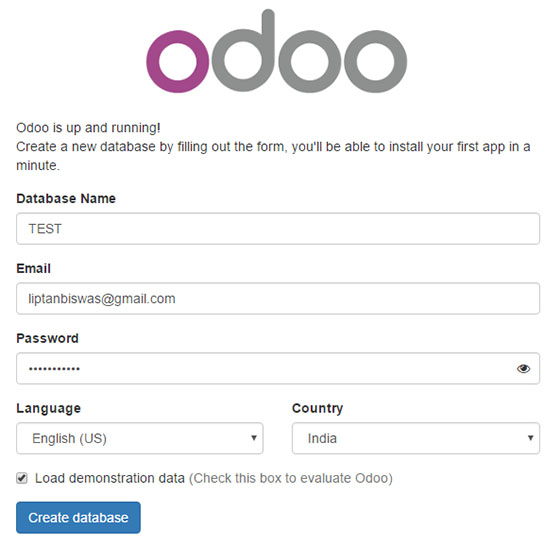
In this tutorial, we will show you how to install Odoo on your Debian 9 Stretch. For those of you who didn’t know, Odoo is one of the most popular and most powerful Open Source ERP business software based on the Python programming language. It is a web-based fully-featured application and comes with Open Source CRM, Point of Sales, Human Resource Management, Point of Sales, Billing and Accounting, Event Management, Email Marketing, Order Tracking, etc. This application is helpful to maintain ERP in any business.
This article assumes you have at least basic knowledge of Linux, know how to use the shell, and most importantly, you host your site on your own VPS. The installation is quite simple and assumes you are running in the root account, if not you may need to add ‘sudo‘ to the commands to get root privileges. I will show you through the step-by-step installation of Odoo on an Ubuntu Debian 9 (Stretch) server.
Install Odoo on Debian 9 Stretch
Step 1. Before we install any software, it’s important to make sure your system is up to date by running the following apt-get commands in the terminal:
sudo apt-get update sudo apt-get upgrade
Step 2. Installing the PostgreSQL server.
Install the Postgres package from Debian’s default repositories:
apt-get install postgresql
After the installation is complete, make sure to enable the PostgreSQL server to start automatically upon server reboot with:
systemctl enable postgresql systemctl start postgresql
Step 3. Install Odoo on Debian 9 Stretch.
In the first step, add the Odoo repository to the server. To do this, run the following commands:
wget -O - https://nightly.odoo.com/odoo.key | apt-key add - echo "deb http://nightly.odoo.com/12.0/nightly/deb/ ./" >> /etc/apt/sources.list.d/odoo.list
Next, install Odoo using the apt-get package manager:
apt install odoo
After the installation completes, you can check the status of the Odoo service:
systemctl status odoo
Then, edit Odoo’s configuration file and set the master admin password:
nano /etc/odoo/odoo.conf
Uncomment the ‘admin_passwd’ line, and set a password as shown below:
admin_passwd = YOUR_MASTER_PASSWORD
Restart the Odoo instance for the changes to take effect:
systemctl restart odoo
Step 4. Accessing Odoo.
Odoo will be available on HTTP port 8069 by default. Open your favorite browser and navigate to http://your-domain.com:8069 or http://server-ip-address:8069.

Congratulations! You have successfully installed Odoo. Thanks for using this tutorial for installing Odoo on Debian 9 (Stretch) system. For additional help or useful information, we recommend you check the official Odoo website.